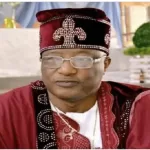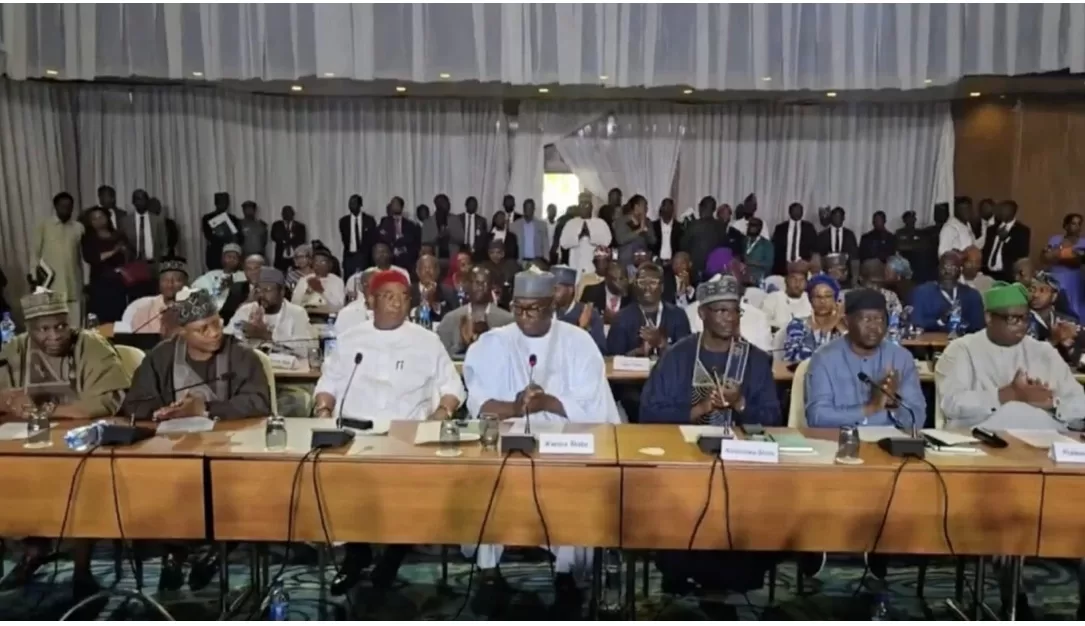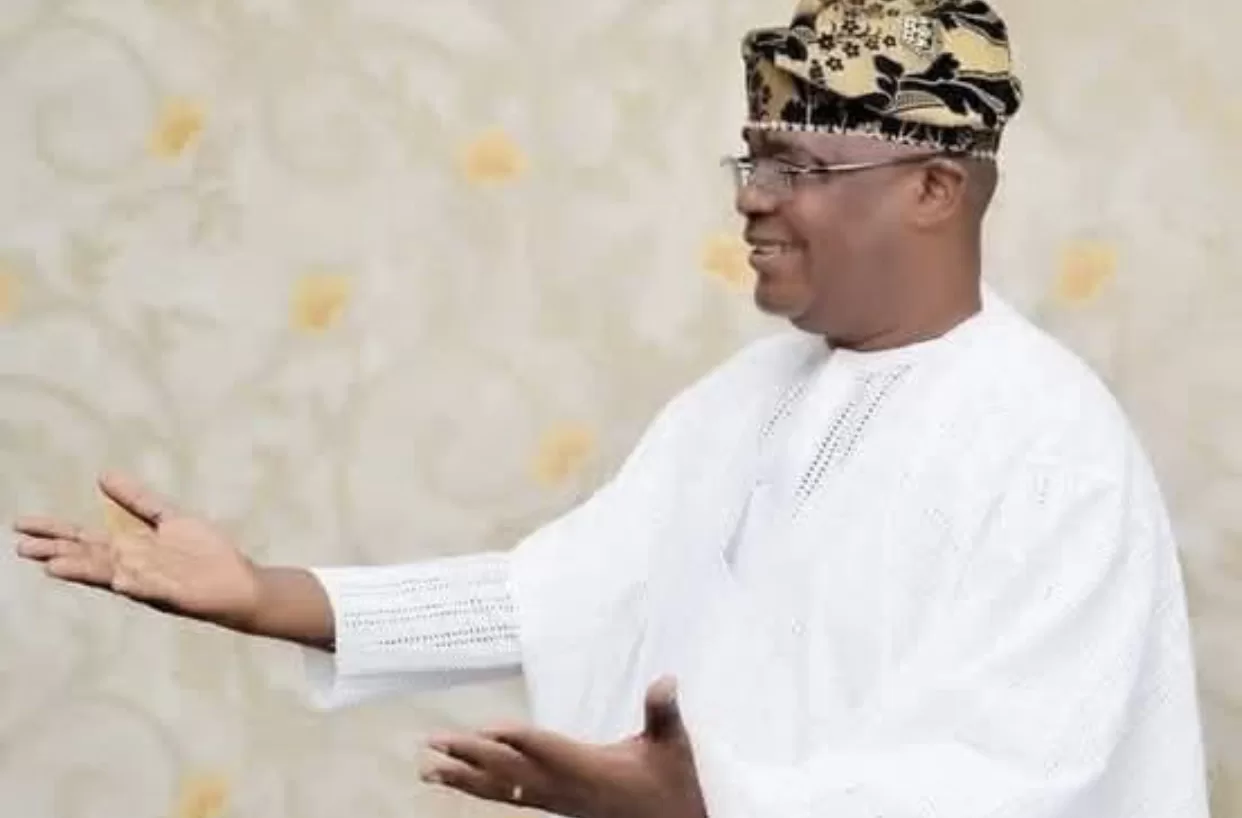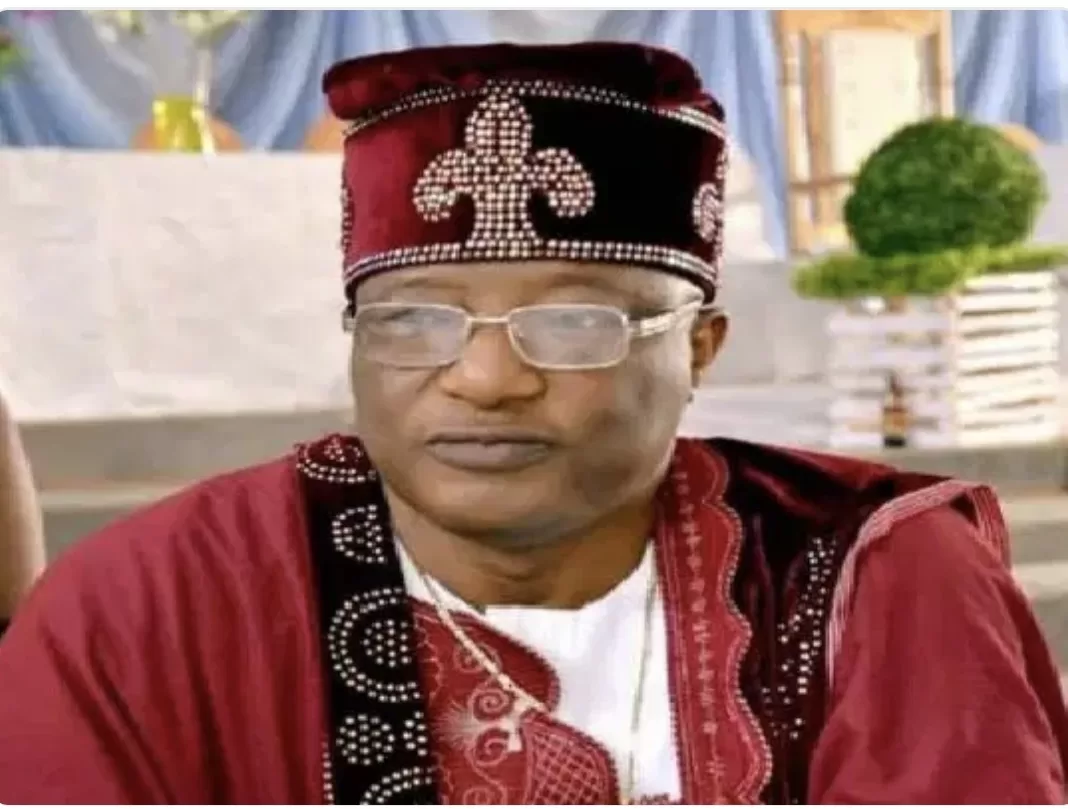Governors of Nigeria’s 36 states and the Presidential Tax Reform Committee reached an agreement on Thursday regarding the sharing formula for Value Added Tax.
The meeting concluded with the adoption of a new formula: 50% to be shared equally, 30% based on derivation, and 20% by population.
This resolution followed weeks of intense debate and marks a major step toward reforming the nation’s tax system. The communique from the meeting, signed by the Nigeria Governors’ Forum chairman and Kwara State Governor, Abdul Rahman Abdul Razaq, stated, “The Forum endorsed a revised VAT sharing formula to ensure equitable distribution of resources: 50% based on equality, 30% derivation, and 20% population.”
The governors also emphasized the need to modernize Nigeria’s tax laws. “We strongly support comprehensive reform to enhance fiscal stability and align with global best practices,” the communique added.
The new VAT formula faced resistance, particularly from northern governors and traditional leaders. Last year, the Northern Governors’ Forum opposed a derivation-based model, arguing it would negatively impact the region.
In a communique signed by Gombe State Governor Muhammadu Yahaya, the forum expressed concerns about fairness. “The contents of the Tax Reform Bill are against the interests of the north, especially the proposed shift to derivation-based VAT sharing,” the statement read.
The governors, however, clarified they were not against reforms that would benefit Nigeria. “We call for equity and fairness to ensure no geopolitical zone is marginalized,” they said.
In a related development, the Senate projected a N100 trillion aggregate expenditure for 2026. Senator Solomon Adeola, Chairman of the Senate Committee on Appropriation, noted this during a public hearing on the 2025 Appropriation Bill.
He highlighted efforts to free up funds held by government organizations, including the Nigerian National Petroleum Company Limited. “By the time we address revenue constraints, we could see budgets as high as N100 trillion in the near future,” Adeola said.
Senate President Godswill Akpabio stressed the importance of making the 2025 budget people-centered. “This budget must prioritize the welfare of Nigerians and act as a blueprint for restoring prosperity,” he said.
Meanwhile, the Academic Staff Union of Universities reiterated its opposition to the proposed Nigeria Tax Bill 2024. The bill seeks to replace TETFund’s Development Levy with the Nigeria Education Loan Fund, which ASUU claims will undermine public universities.
Zonal Coordinator Professor Namo Timothy described the move as “dangerous and unpatriotic,” warning that it would spell doom for tertiary education. “TETFund has been the backbone of infrastructure and research in public universities since 1993,” Timothy said.
Several northern groups urged citizens to avoid politicizing the tax reform debate. In a communique issued in Kaduna, they emphasized the need for transparent leadership to address the region’s economic challenges.
“Reforms must focus on diversifying revenue sources and reducing reliance on federal allocations,” the communique stated.
This agreement on the VAT formula marks a significant step in Nigeria’s tax reforms, with debates likely to continue as stakeholders push for equitable policies.











